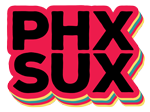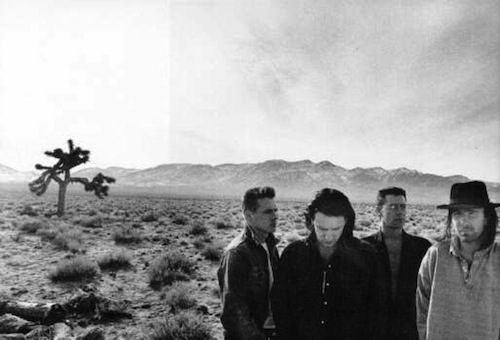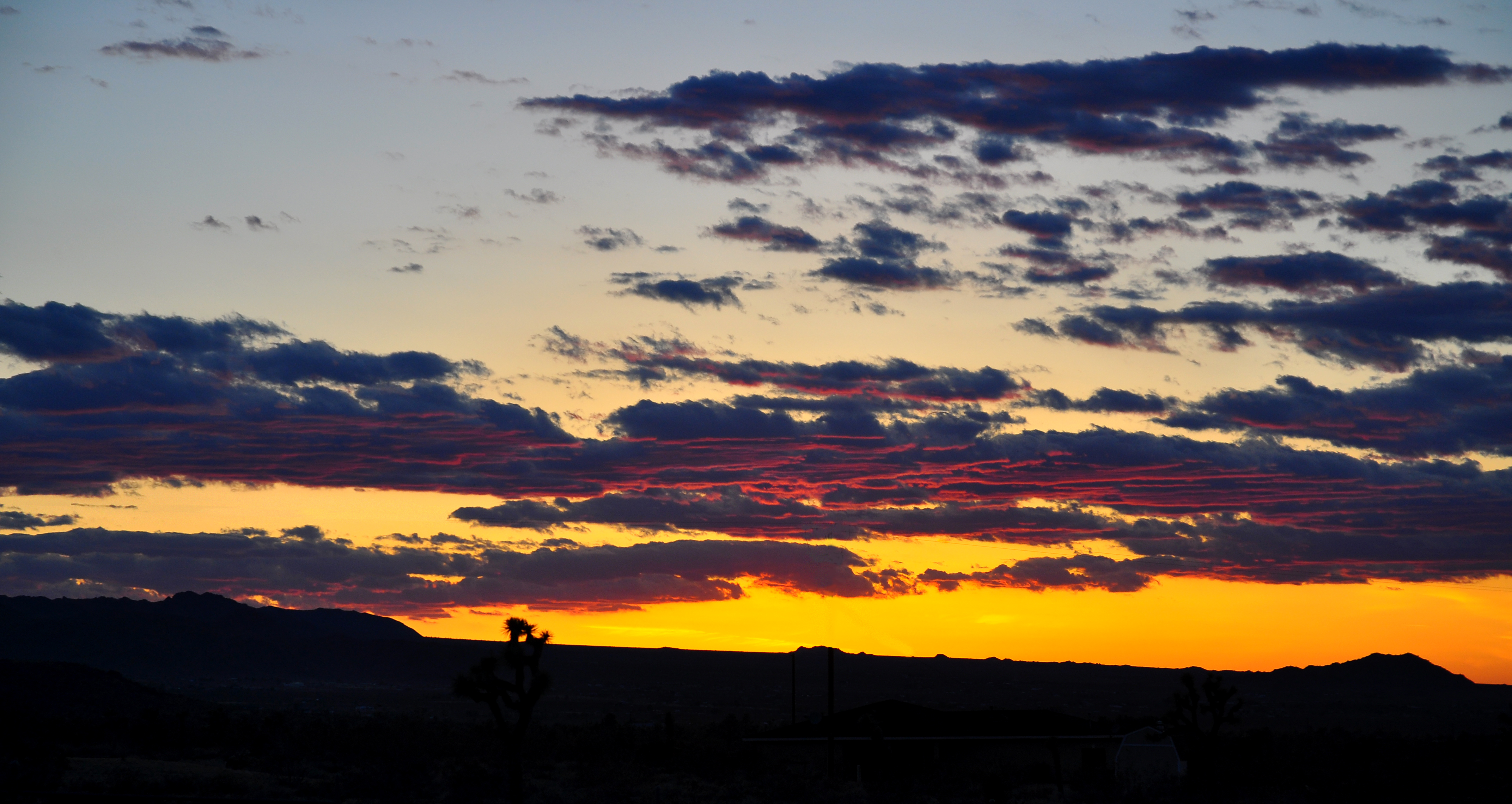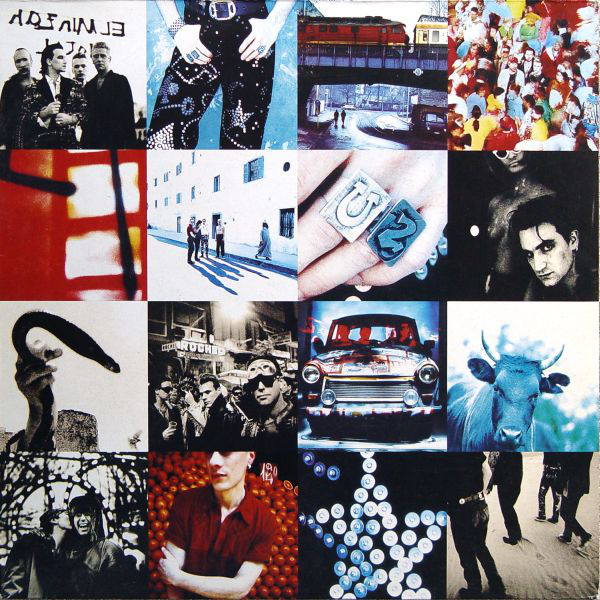“You’re from America? How many horses do you have?”
I spent a lot of time in Europe when I was a kid. It didn’t matter what part of Western Europe I was in — as soon as someone found out I was from the States, there was a 75% they’d ask me a question like that. Even though it was the late ’90s, people abroad still held a vision of America that was rooted in Western movies, The Oregon Trail, and Little House on The Prairie.
Sometimes I lied and said we had some horses, because they always look disappointed when I told them the truth. The America we lived in wasn’t steeped in John Wayne glamour. It was a place of buzzing urban techno-hives, a place where our best and brightest battled it out to see who would be the first to create an app that could disenfranchise and alienate the most people (hello, Bodega – may you rot in the fires of Hell).
Of course, I didn’t say that either – I was a dumb kid, too busy reading Stephen King novels and trying not to go insane from puberty. But even on the cusp of the millennium, I could see the shape of that future forming on the horizon (that’s what happens when you read too much William Gibson). A world where wide open deserts and dusty highways aren’t an invitation to write poetry about the Mythic America but a patch of oil-rich land that hasn’t been drill-baby-drilled into a wasteland yet. I may have lived in the state of Billy The Kid, Wyatt Earp, and prancing jackalopes, but that version of America felt lost and remote. Like a heat-induced mirage shimmering in the distance. Live in America long enough, and you’ve got enough sense to not chase after it.
But that’s the thing about outsiders – they’ve haven’t learned it’s a mirage yet. And if you listen to them long enough, you’ll start to believe the sand you’re drinking is water too.
Last night U2 played the University of Phoenix, returning to Tombstone Country to play their Joshua Tree album in its entirety. It was a beautiful night: the band were in top form, the production values were worth every penny, and Bono used his famed earnestness to sell that European dream of wild horses, freedom, and boundless opportunity in a way that only a rock star born elsewhere could get away with.
That’s the thing about waxing poetic about America: only foreigners can get away with it. Locals who try end up sounding jingoistic – their poetry turns into rote patriotism. Only outsiders are able to conjure the myth of America the Beautiful and have it actually sound beautiful. It’s the difference between Bono and Ted Nugent, between Lady Liberty and Make Pussy-Grabbing Great Again.
I’ll admit it: when U2 first started playing, I was a little disappointed. I’ve heard for years about how great a live act they were. I’ve seen footage from their ironic Zoo TV days (ironic, post-modern U2 is my favorite U2). I wasn’t expecting them to crank call the White House again, but I was hoping for something spectacular. Any kind of spectacle – a distraction from the world burning would be nice right now.
The quartet kicked off with four songs from their early days: “Sunday Bloody Sunday,” “New Year’s Day”, “Bad”, and “Pride (In The Name Of Love)”. They played on a small stage set close to the floor, an island surrounded by a tightly packed crowd. Behind them on the raised stage was a large screen with the silhouette of a Joshua tree. Earlier in the evening, they had projected a scrolling stream of poetry on it. With its tan color, it looked like a giant cardboard CD sleeve stretched across the stadium floor.
The band sounded fine live. They were loud enough to meet the challenge of playing the largest audience I’ve ever seen for a concert in the Valley. The arena was open above their head, the loudness of their music ringing out into that black square of night sky. Bono would talk about the stars above us throughout the night, even though no stars could be seen. People lit up their iPhones to bring the starry night down into their seats. It seemed like a perfect accidental metaphor for The Joshua Tree itself: an attempt to bring a big invisible thing (The Wild, Mythic America) down to Earth. And like the cellphone lights bobbing and glowing in the stands, it’s a beautiful thing to behold.
The band walked up to the taller stage and the backdrop behind them flared to life as they started playing “Where The Streets Have No Name”, revealing a breath-taking projection that drifted through an empty desert highway while migrants trailed along the sides of it. THIS was the U2 everyone was talking about – with the flick of a switch they were The Biggest Band In The World again. The projection was the perfect visual to accompany the song, conveying the yearning and expansive sweep of the music in its endless drive down that gray road.
Throughout their set, new visuals would appear onscreen for each song. Highlights included a lovely neon Joshua tree flickering to life during “In God’s Country,” a line of mournful women holding candles that slowly get snuffed out during “Mothers Of The Disappeared,” or the sight of a group of strangers putting on army helmets and vanishing as “Bullet The Blue Sky” feedbacked its way through the air.
Some of the projections didn’t quite work (a “sexy cowgirl” lassoing it on one end of the screen while another version of her painted an American flag on a tin shack seemed weirdly incongruous & on-the-nose compared to all the other projections), but they were all beautifully filmed. We’re talking museum installation piece quality.
And while the BIG songs on the album were definite highlights (I had forgotten how moving a song “I Still Haven’t Found What I’m Looking For” is), it was interesting to see how powerful and forceful the lesser-known album cuts were live. Songs like “In God’s Country”, “Trip Through Your Wires”, and “Exit” seized me and shook me live in ways they never did when I listened to the album.
The band played in fine form. Occasionally Bono would work snippets of other songs into his singing, adding Simon & Garfunkel’s “America” or Bowie’s “Starman” in the middle of some of his songs. And while the band managed to poke fun at Trump with one of their projections, the first half of their set wasn’t too heavy with the proselytizing you’d come to expect from Saint Bono, patron saint of sunglasses and social justice.
After finishing the album, the band took a quick break before returning for their long encore. They opened the second half of their set with a surprising number: “Miss Sarajevo.” Playing footage from a Syrian refugee camp, the band unleashed their most effective symbolic gesture of the night: a huge sheet with a refugee’s passport photo was carried across the seats, circling around the entire stadium. In the distance I thought it was just a projection on the audience – the way the cloth warped and shimmered it looked like a liquid light projection. But as Pavarotti’s sampled voice started wailing I could see that it was a physical thing, undulating over the crowd, passed forward by a sea of outstretched hands.
They followed “Miss Sarajevo” with “Beautiful Day” and a string of latter-day U2 songs (“Elevation”, “Vertigo”, “You’re The Best Thing About Me”). It’s hard to imagine anyone being psyched to hear “Vertigo” live, but the band tore through their newer material with energy and enthusiasm.
During the whole show, I was hoping they’d play some Achtung Baby. It’s my favorite album by theirs (one of my favorite albums, period). My faith was rewarded: they closed with “Ultra Violet (Light My Way)” and “One.” I can’t lie: I squealed like a little girl on the inside when I recognized “Ultra Violet”, my favorite song on that record.
“Ultra Violet” was accompanied with visual odes to a dizzying array of remarkable women (Emma Goldman, Michelle Obama, Heather Heyer- it was a list that jumped back and forth throughout history). It was during these last two numbers where Bono, elder statesmen of rock, started to spread it on a little thick (his intro to “Ultra Violet” sounded like a slam poet trying to write an entire piece based on the “Nevertheless, She Persisted” meme).
The only time I truly felt ill at ease at the show was during the Achtung numbers. Maybe it was the fact that live the songs had become big, sweeping generic anthems – “Ultra Violet” a celebration of women throughout history, “One” a plea for world peace. On the record, both songs sound intimate and personal – “Ultra Violet” is the record’s most desperate song, a hopeful shout in the dark. Even “One” on the album doesn’t sound like the kind of song that would unite an auditorium – it feels too much like one man talking to someone. Appealing to a remote lover, perhaps, or to a cold and distant God.
Hearing those tracks in this new context felt off to me – but to be honest, I’ve never been a big fan of U2’s more blunt “up with people” gestures. I get that that huge earnestness is a big part of their identity, but it’s something I have a hard time connecting with. It’s why “Bad” is the only song that touched me when they played those first four early numbers – it was the only one of the four songs that sounded like they were trying to save themselves, not the whole world.
But at the end, it was a remarkable show. The four Irishmen were able to evoke and articulate a vision of our country that seems almost as much of a dream now as Arthurian Camelot. And they brought that dream to life through those gorgeous, poetic images and the power of their songs.
Truth be told, I try to be an optimist about things. I don’t know if the America Bono is in love with is real. I’m pretty sure that it isn’t, not anymore. Maybe it’s been a mirage for a very long time now. But like the best art, for one night, they made me believe there was water waiting at the end of that long road and not just a mouthful of sand.
Ashley Naftule is a writer, performer, and lifelong resident of Phoenix, AZ. A Space 55 ensemble member, he’s been published in Phoenix New Times, The Hard Times, Runt Of The Web, and Spiral Nature. He also does chalk art, collages, and massacres Billy Idol songs at karaoke. He won 3rd place at FilmBar’s Air Sex Championship in 2013. You can see more of his work at ashleynaftule.com
For more Phoenix coverage that doesn’t suck, follow PHX SUX on Suckbook and that tweety website for Twits.






